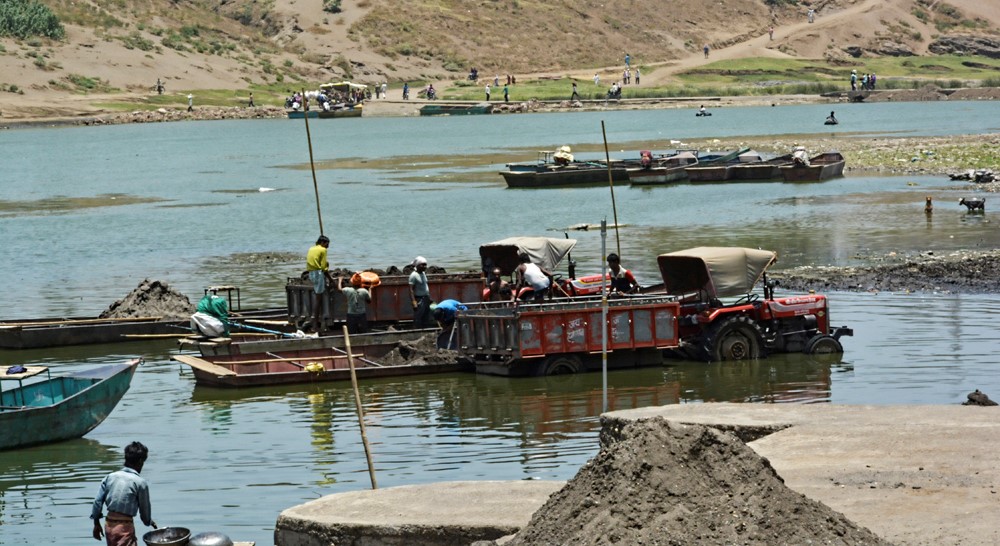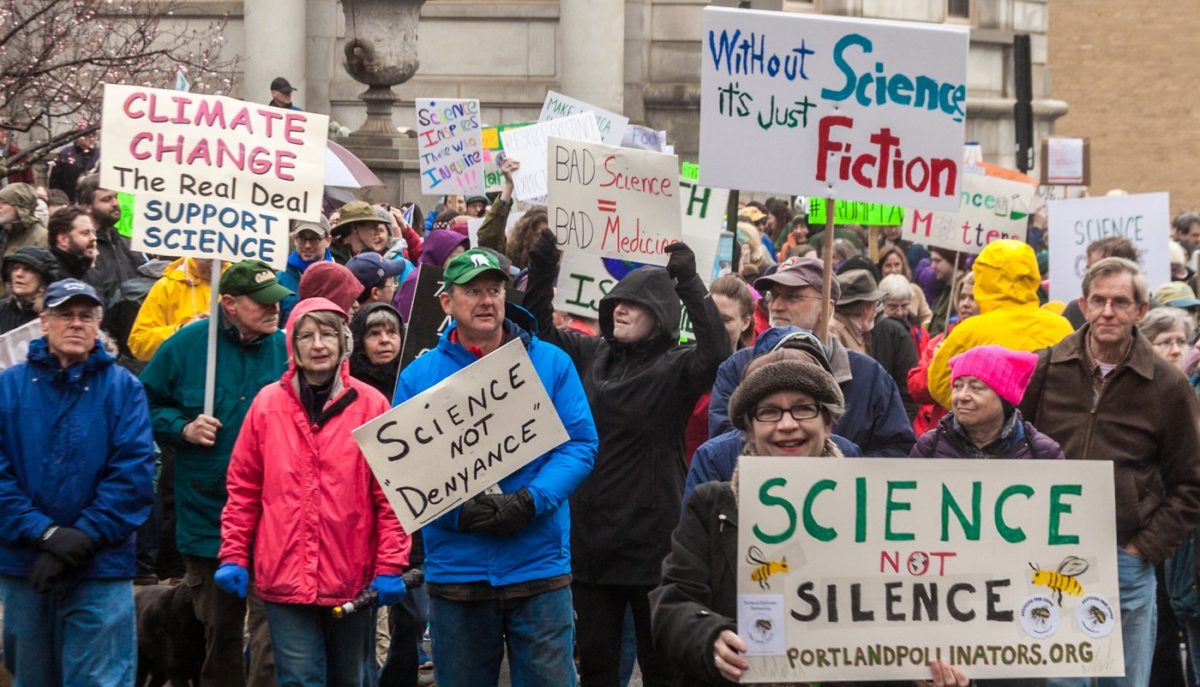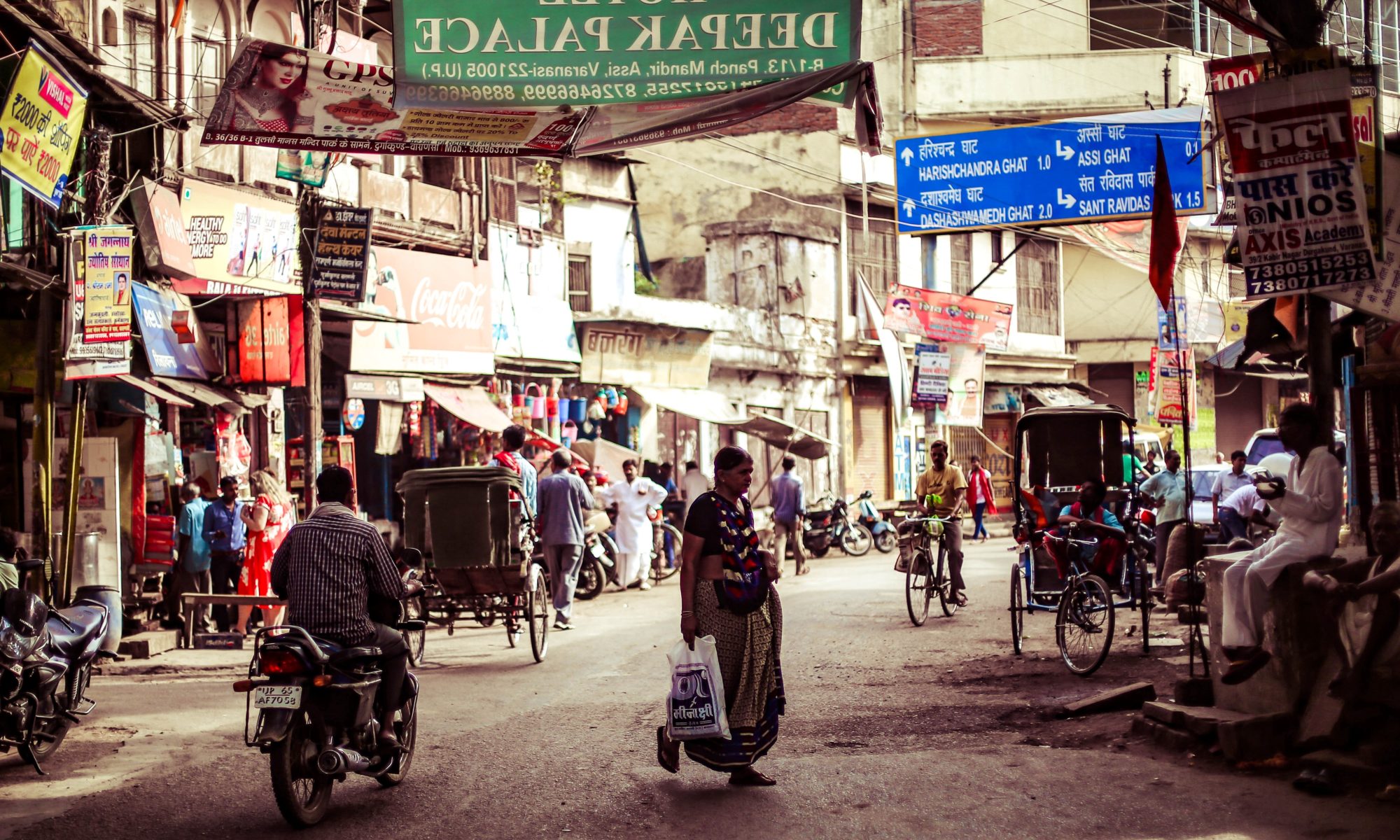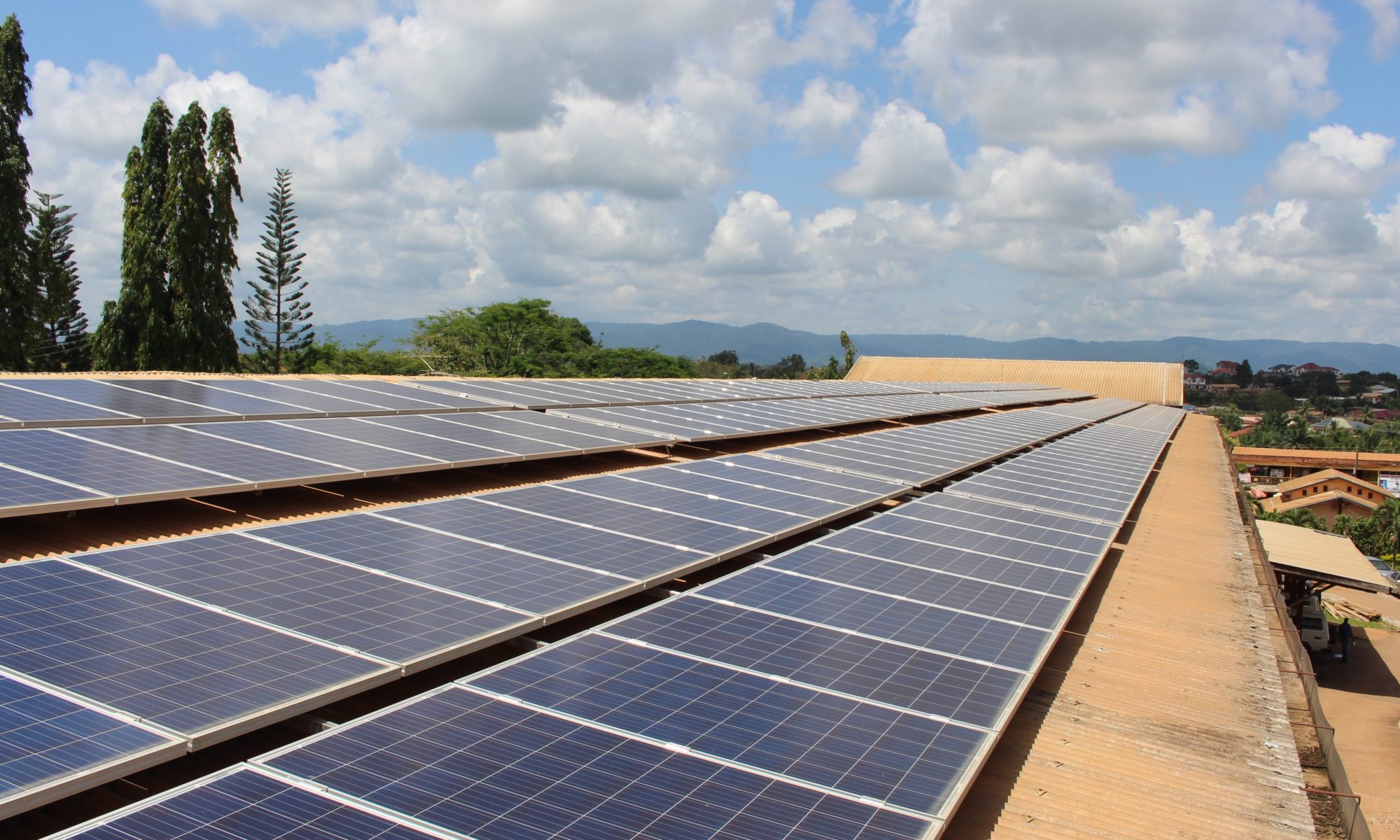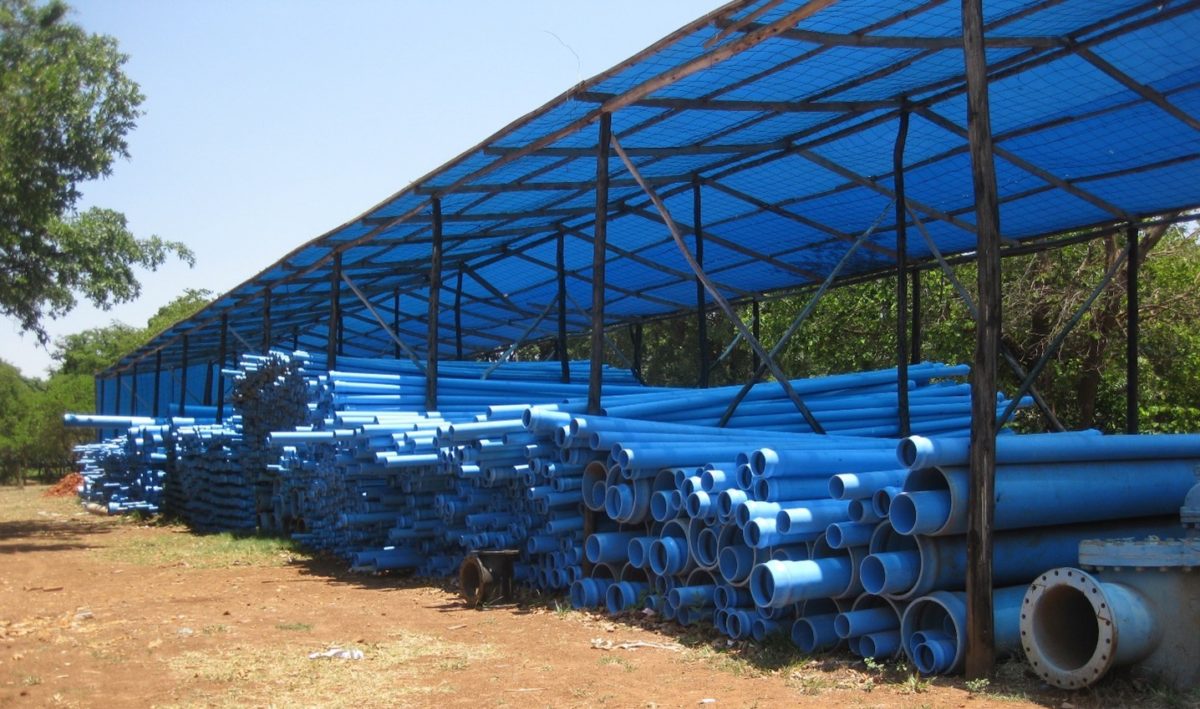By Arpita Bisht
Of all natural resources, mineral aggregates (sand and gravel) have been the fastest growing and most extracted material group over the 21st century. This growth has not only been associated with large-scale ecological degradation, but also with violent extractive operations on local levels.
Given that sand and gravel are heavily used in the construction industry, particularly in concrete production, it comes as no surprise that the growth of infrastructure is the main driver for the overall rise in their consumption. What’s more, since 1970, increasing aggregate consumption has largely been observed in the global South—in regions which have witnessed massive economic and infrastructure growth. Continue reading “Sand and gravel: Rethinking aggregate consumption and distribution”

